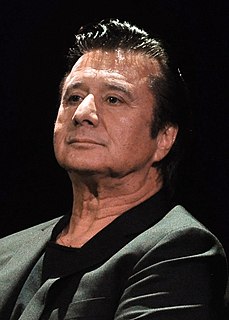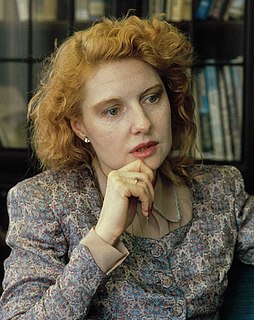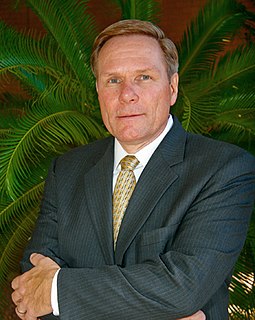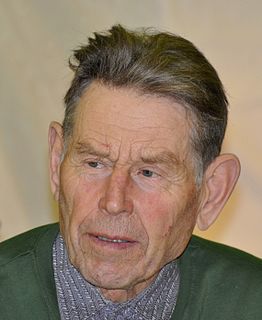A Quote by Shimon Peres
Related Quotes
Humans suffer from self-centred notions as to the nature of life. Humans assume that alien life forms should conform to standards that match our own, including logic and morality. Even among humans, morality is ignored when expedient. Why should we expect more from an alien life form than we demand from ourselves?
Society mediates between the extremes of, on the one hand, intolerably strict morality and, on the other, dangerously anarchic permissiveness through an unspoken agreement whereby we are given leave to bend the rules of the strictest morality, provided we do so quietly and discreetly. Hypocrisy is the grease that keeps society functioning in an agreeable way, by allowing for human fallibility and reconciling the seemingly irreconcilable human needs for order and pleasure.
It has been an obsession of human beings to create a hierarchy that places the human species on top and lumps all the "other animals" together beneath us. The resulting "speciesism" allows us to look upon animals as less deserving of all manner of rights and considerations than humans. To support this lower status, humans have argued that animals act instinctually; don't have souls; don't feel physical pain like we do; and lack self-consciousness, cognitive intelligence, emotional feelings, morality, and ethics.
If Darwinism is true, then there is no purpose or meaning to life, there is no morality, there's no qualitative difference between humans and animals, there's no life after death, and there's no purpose to human history. Now, are you trying to tell me that it doesn't really matter if people believe we evolved or not?
Blind obedience is itself an abuse of human morality. It is a misuse of the human soul in the name of religious commitment. It is a sin against individual conscience. It makes moral children of the adults from whom moral agency is required. It makes a vow, which is meant to require religious figures to listen always to the law of God, beholden first to the laws of very human organizations in the person of very human authorities. It is a law that isn't even working in the military and can never substitute for personal morality.
My version of relativism is pluralistic and attributes functions to morality that in combination with human nature place limits on what could count as a true morality. Unlike many other relativists, I do not hold that people are subject to a morality because they all belong to a certain group. That is, I don't hold that being a member of a group makes one's subject to some set of generally accepted norms. What is true is that others around us teach us morality and moral language, so they inevitably influence us.
Although humans today remain more capable than machines for many tasks, by 2030 machine capabilities will have increased to the point that humans will have become the weakest component in a wide array of systems and processes. Humans and machines will need to become far more closely coupled, through improved human-machine interfaces and by direct augmentation of human performance
How can anyone think so insanely that the human life has the same value and mankind, the same morality, independent of numbers? It is lucid to me that everytime a new child is born, the value of every human in world decreases slightly. It is obvious to me that the morality of the population explosion is wholly unlike than when man was a sparse, noble species in its beginning.












































